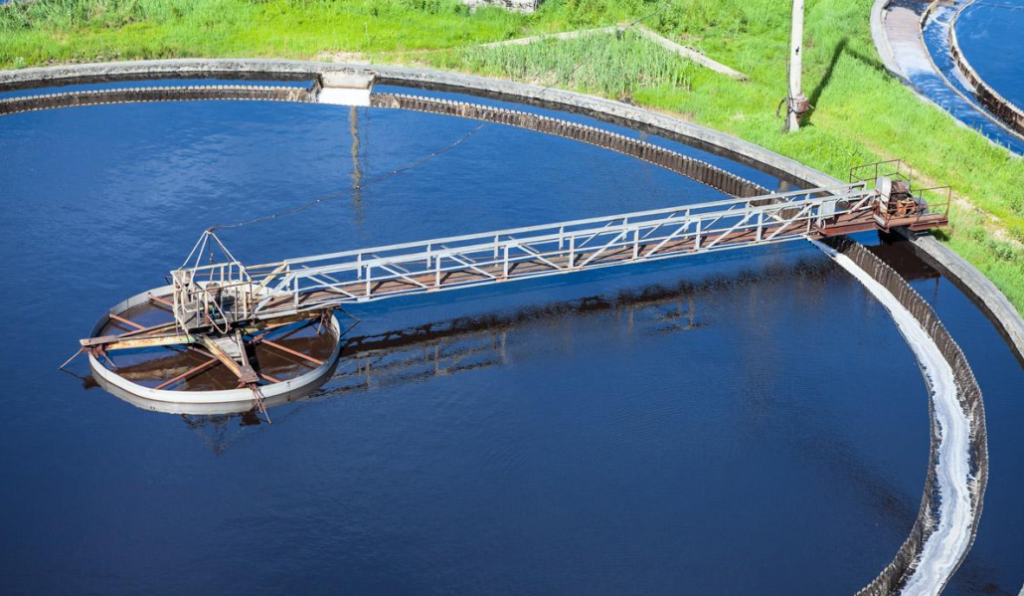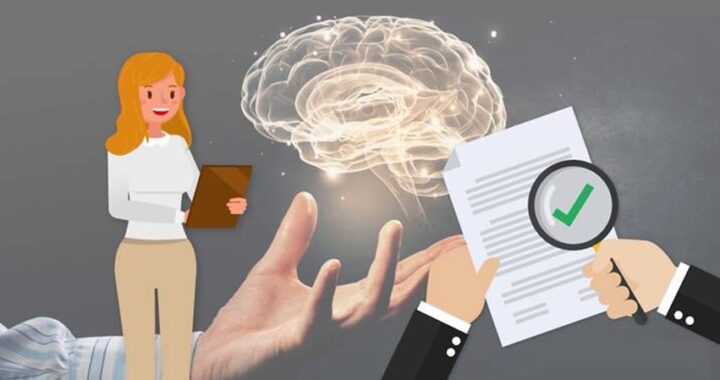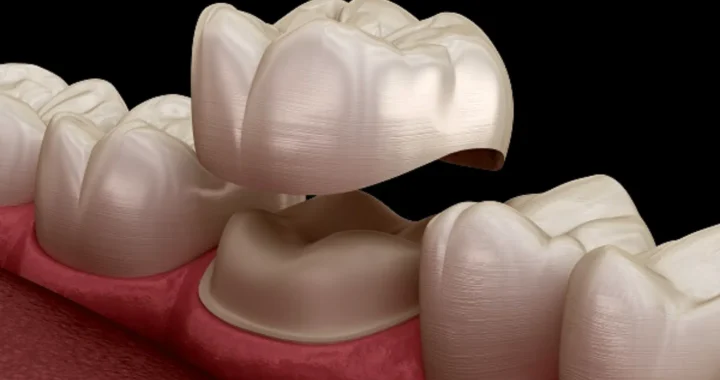Water Treatment Throughout the Years

The process of treating water for human usage has gone through several innovations throughout history. Although you can contact a local water treatment company to clean out your water for you today, that wasn’t the case for a long time.
Over the years, there have been multiple ways in which people have tried to obtain safe water they can use, with varying levels of success. Here is a summary of the history of water treatment:
Water Treatment Methods in the Ancient World
The first people to consider cleaning out their water may be the Ancient Greeks in 2000 BC. They purified water by boiling it and utilized various filtration methods using sand, gravel, and cloth bags to remove the larger contaminants in an effort to improve the taste. However, they lacked knowledge about microorganisms and chemical pollutants—these would not be explored until centuries later.
Around 1500 BC, the Ancient Egyptians discovered the principle of coagulation, or the use of chemicals to filter out suspended contaminants from water. This innovation made the removal of impurities much easier once clumped into bigger sizes. Depictions of these water treatment methods are drawn on the tomb walls of the pharaohs Amenhotep II and Ramses II.
Ancient Romans and Aqueducts
The Romans are responsible for some of the most significant innovations in water treatment, most notably their aqueduct systems. Contrary to popular belief, aqueducts were not a Roman invention—the Persians, Egyptians, and a few other Middle Eastern civilizations had already used similar systems centuries prior.
The Roman aqueducts stood out because they could easily supply cities with large amounts of water. These complex structures were made from limestone and used gravity to move water. Zigzags built into the system slowed down the water flow and filtered out impurities.
When the Roman Empire collapsed, the aqueducts they built fell into disrepair, and water treatment methods became less sophisticated. Like other fields during the Middle Ages, fewer experiments were conducted on water purification and filtration, and cities regressed into relatively rudimentary methods of transferring and cleaning water.
Post-Medieval Period Discoveries
Experiments to find a new water treatment process didn’t regain momentum until the 17th century. In 1627, Sir Francis Bacon wrote down his attempts to remove salt from seawater using sand filtration to clean the water. Although unsuccessful, his efforts paved the way for later scientists to conduct their own research on the matter.
In 1665, Robert Hooke and Antoni van Leeuwenhoek published papers about their discoveries on microorganisms, inspiring further studies on filtration. Early water filters were invented, most notably Joseph Amy’s, which received the first patent for one in the mid-1700s. His design incorporated multiple layers of wool, sponges, and charcoal to remove contaminants. By 1750, the first home filters were made available to the public.
In the 19th century, major cities started to take public water treatment seriously. The first facility dedicated to cleaning out the water was built in Scotland in 1804. Paris opened their own facility two years later. In 1854, breakthroughs in water disinfection were made after it was discovered that the cholera epidemic spread through the water. New laws were also implemented to keep water sources as pure as possible.
Modern Era
Progress in providing clean water to people continued in the 20th century. Due to the rapid population growth in the 1900s, water and sanitation became more critical. Industrialized nations have solved most water purification problems using chlorination and other treatment methods. The US Public Health Service also set some quality standards for drinking water in the 1950s.
After multiple revisions, the Federal Water Pollution Control Act was finally passed in the US during the 1970s. This law established basic structures for regulating water pollutant discharges and made it unlawful to contaminate any water source. In the succeeding years, every city in the country was mandated to have a water treatment facility ensuring clean water for every home.
Access to safe drinking water has never been easier than it is today, with more countries enjoying clean water through various means. Besides having public water treatment facilities, they could also reach out to a water treatment company if they want to purify their tap water even further.
Eufloria dispensary consultants are trained to listen to the clients, identify particular ailments or experiences, and offer medicinal-focused recommendations to help. We believe that a satisfied client starts with an educated one and our goal is to treat people above and beyond selling products.


 Veneers: A Popular Cosmetic Solution for a Beautiful Smile in London
Veneers: A Popular Cosmetic Solution for a Beautiful Smile in London  Gifted Educational Programs
Gifted Educational Programs  Innovations in Health Screenings: Exploring the Latest Technologies in Clinic Services
Innovations in Health Screenings: Exploring the Latest Technologies in Clinic Services  Dental Crowns –Restoring Strength, Function, And Aesthetics.
Dental Crowns –Restoring Strength, Function, And Aesthetics.  One-Person Wonder: Making Waves in the Massage Industry in Gunma
One-Person Wonder: Making Waves in the Massage Industry in Gunma  How Cataract Surgery in Nashville Improves Vision and Quality of Life
How Cataract Surgery in Nashville Improves Vision and Quality of Life